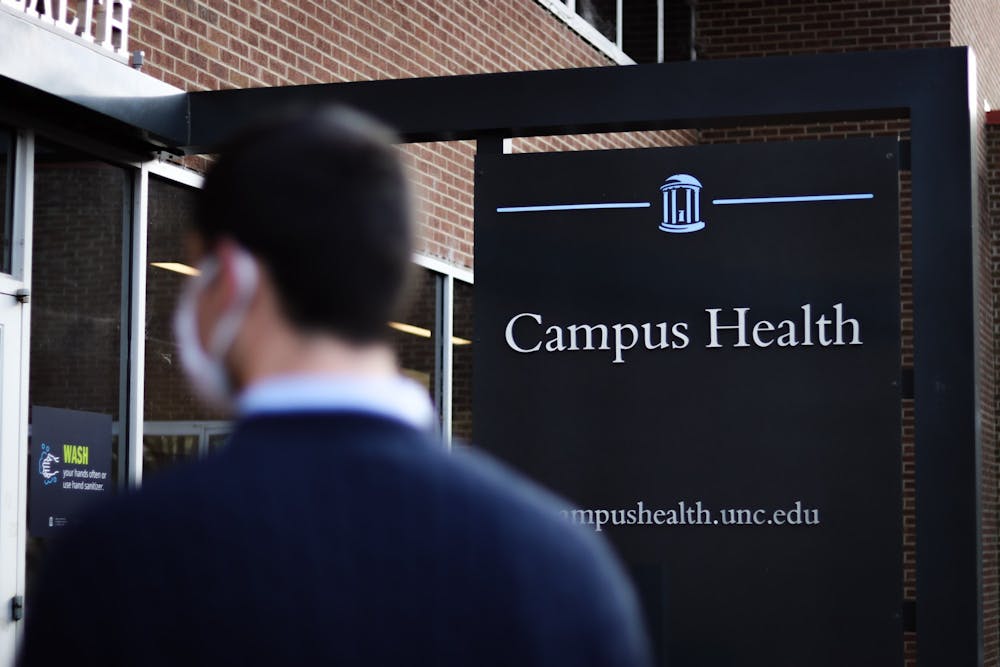The weight of the pandemic, coupled with the stress of upcoming final exams and overall fatigue, has taken a toll on many students' mental health — particularly first-years, who are experiencing significant loss and social isolation.
Some first-year students have reported an increase in stress about schoolwork as the remote environment of COVID-19 makes it harder to connect with others socially. Dr. Allen O’Barr, director of Counseling and Psychological Services, said he has noticed the number of appointments dealing with burnout have significantly increased.
Trouble finding community
First-year student Akash Ray is a clinical lab science major. He said he always spends some time on his phone before getting ready for a normal day doing work by himself at the Student Union, the lounge in his residence hall or his room.
“I work the entire afternoon and most of the evening, and fall asleep at a really bad hour,” he said. “I just think the heavy load of assignments as we’re nearing the end of the semester is really weighing on me. That’s really stressful, but I’m managing it fairly well.”
First-year student Nate Worley, an economics and public policy major, feels as though the University community is separated and isolated. He said he misses normal social interactions, but student groups have helped him meet new people.
“It’s been very difficult for a lot of people to make friends,” Worley said. “All the good organizations like Residence Hall Association , Campus Y, Asian American Students Association — those are some organizations I’ve attended that have built a great community.”
First-year student Mariam Ali said on a scale of 1 to 10, she said she would rate her mental health most days at around a 5.
“I need personal interactions with my professors in order to feel satisfied with my learning experience, which is not being taken full advantage of because of the pandemic,” she said.



